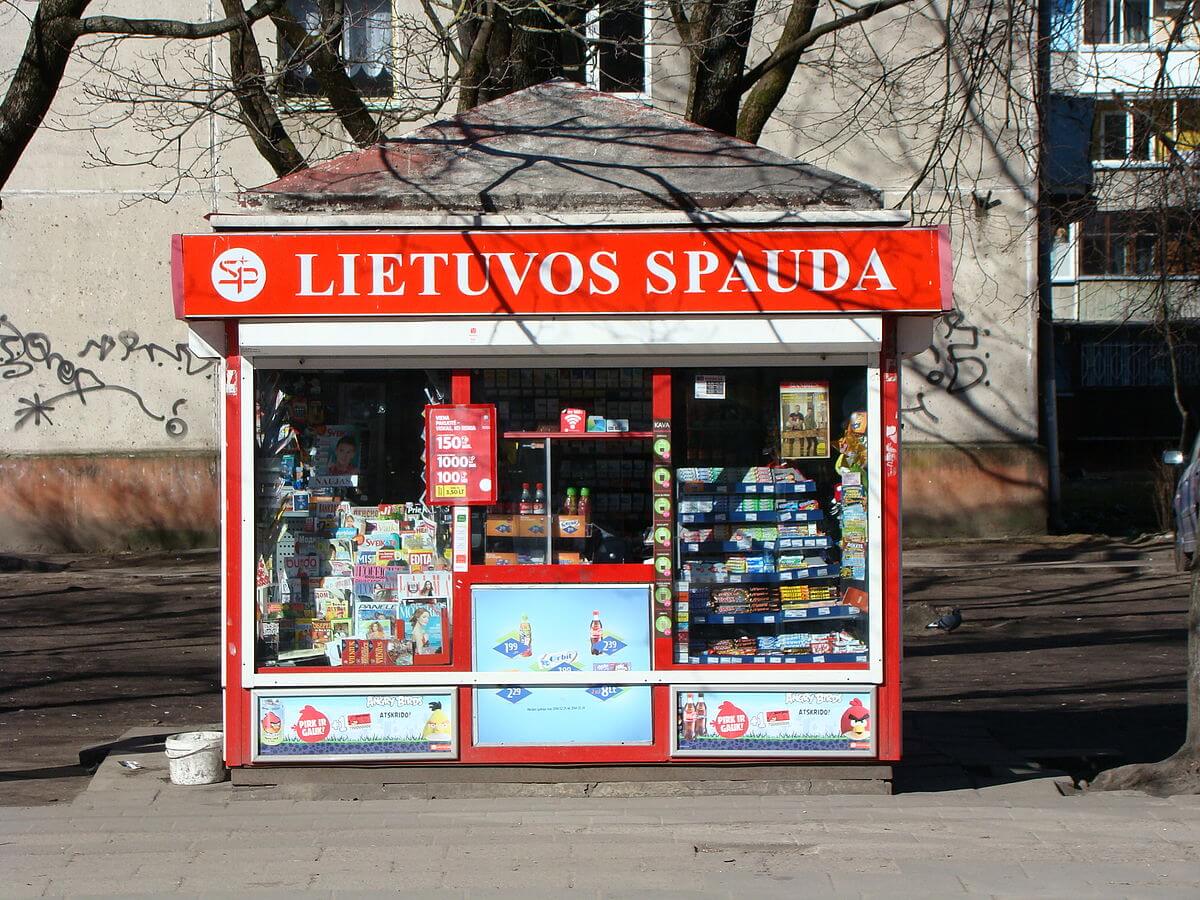VILNIUS, Lithuania — Fake news in Europe does not mean what it means in the White House. It means Russia and it means a clear-and- present danger.
That was the message loud and clear at the annual congress of the Association of European Journalists (AEJ) in the country’s capital last week. The rubric of “fake news” covers a parcel of Russian subversion, from phony news to staged events with surrogate players and stunts, such as sending in Russians posing as skinheads to imply the presence of fascists when none are there.
To Europe – especially to those countries near or bordering Russia — the threat is most keenly felt. At the AEJ congress, speaker after speaker spoke of it not in abstract terms, but as part of a continuing struggle.
Russia is waging its war with Europe, using new tools, like social media, but with old KGB tactics, according to Marius Laurinavicius, senior expert at the Vilnius Institute of Policy Analysis. “We are at war with Russia. It’s a different war: There are no tanks or fighters. It’s their perception, not mine,” he said.
The three Baltic nations — Estonia, Lithuania and Latvia — are under relentless attack by Russian disinformation and dirty tricks.
Whereas much of the world is indifferent to Russia’s seizing of Crimea, the insurgency in eastern Ukraine, and Russian troops in Georgia, to the Baltics, those acts are a scenario for their re-occupation.
When the Baltics were part of the Soviet Union, they suffered in ways not fully comprehended elsewhere. In Vilnius, for example, the former KGB headquarters is a museum of horror, open to the public. Here are the torture chambers and the execution cell. Those who were not killed in this building, right in the center of town, were shipped to Siberia — an incredible 300,000 Lithuanians out of a population of just under 3 million.
President Vladimir Putin has said Russia is entitled to come to the aid of any Russian-speaking minority which is being maltreated: his rationale for invading Crimea. All three Baltic states have Russian-speaking minority populations listening to and watching Russian radio and television broadcasting ceaselessly fake news to stir them up and denigrate their host countries.
At the AEJ congress there were tales of Russian subversion across Europe, from the French and German elections to the attempted Catalonian secession in Spain. Russia has a huge apparatus for fomenting trouble in the democracies, according to Brian Whitmore of Radio Free Europe/Radio Liberty. Thousands of people working on fake news in dozens of languages, factories of lies.
Why does Russia do it? One reason is that Russia is deeply unhappy at having NATO on its borders, fanning an old Russian paranoia about the countries to its west. Another, according to Whitmore, is that “Russia is doing to the West what it believes the West is doing to it: It believes the West is trying to undermine it.”
At the AEJ congress a year ago, in Kilkenny, Ireland, the buzz was all about then-presidential candidate Donald Trump and his likely impact in Europe. This year in Vilnius, less so. The big issue is Russia and how the media can deal with the Russian propaganda onslaught, sorting out the real from the fake. It is a daily challenge for Europe’s journalists: Is it a scoop or a state-sponsored lie?
Delegates heard from Laurinavicius that the Putin administration in Moscow is a kind of c-suite of corruption, built around the old KGB (where Putin was No. 2 in East Germany), mixed with the Russian Mafia and collaborating oligarchs. Taken together a potency of evil, seeking to make mischief and possibly to conquer weak and unprepared democracies by lies and fakery.
Photo: A newspaper kiosk on Savanoriu Avenue in Vilnius Credit: Umnik. Creative Commons License.

 Follow
Follow
Leave a Reply